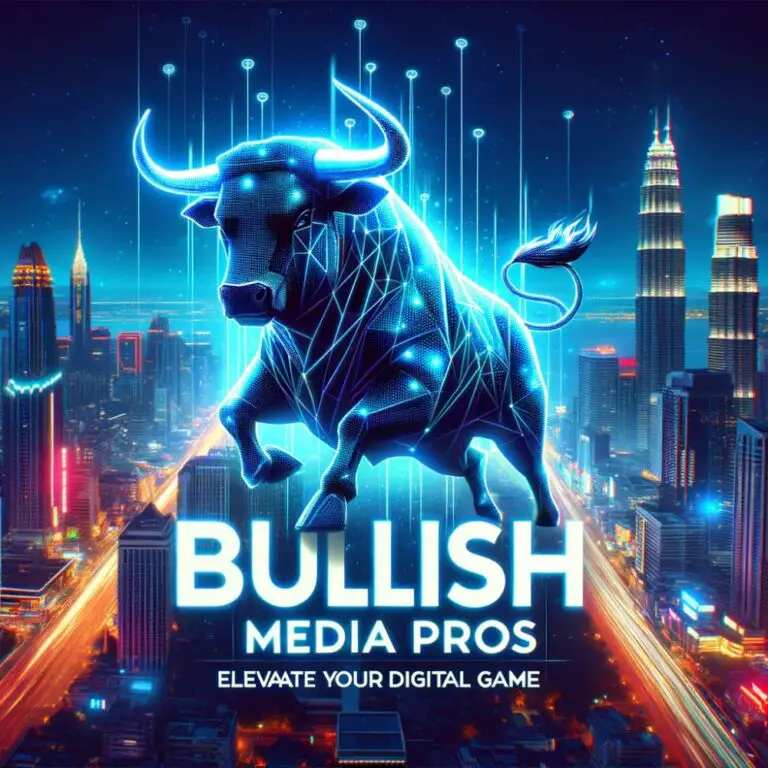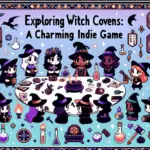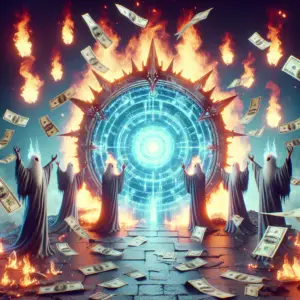The Rise of Wordle During Lockdown
Amidst the quietude and isolation of the lockdown, a simple yet captivating game emerged, swiftly becoming a global sensation. Wordle, with its straightforward premise and daily word challenges, not only captured the hearts of puzzle enthusiasts but also became a staple in family WhatsApp groups and social media feeds. Its serendipitous timing played a pivotal role in its meteoric rise, offering a daily dose of communal fun when the world was craving connection. The author of this piece reminisces about their own Wordle phase, acknowledging the game’s allure and the occasional recourse to a six-letter friend, Google, when the going got tough.
Why Wordle Became a Global Phenomenon
New York Times Acquires Wordle
The New York Times (NYT) made a strategic move to diversify its offerings and appeal to a broader audience by acquiring the viral puzzle game Wordle. This acquisition, which took place in January 2022, was part of the NYT’s effort to enhance its gaming section and cater to the evolving interests of its readership. The deal was sealed for a sum reported to be “in the low seven figures,” marking a significant investment in the future of the publication’s digital content.
| Acquisition Detail | Description |
|---|---|
| Acquiring Entity | New York Times |
| Acquired Game | Wordle |
| Acquisition Sum | Low seven figures |
| Acquisition Date | January 2022 |
The acquisition of Wordle is a testament to the NYT’s commitment to becoming less “gray” and more vibrant, particularly in its gaming section, which has become a major revenue driver. The inclusion of Wordle in the NYT’s portfolio not only adds a beloved daily puzzle to its suite of games but also signals the paper’s dedication to engaging with a wider, more diverse audience through interactive and entertaining content.
The Acquisition Process
The acquisition of Wordle by the New York Times was a swift and decisive move, showcasing the media giant’s agility in capturing emerging trends. The process began when Jonathan Knight, a seasoned figure in the games industry now at the helm of the NYT’s gaming initiatives, noticed the buzz Wordle was generating. After engaging with the game himself, Knight experienced first-hand the compelling draw of the daily puzzle.
It was on January 5, 2022, that Knight reached out to Wordle’s creator, Josh Wardle, recognizing the potential for the game to bolster the NYT’s gaming section. The negotiations and subsequent acquisition unfolded at an unprecedented pace for the company, with the official announcement coming just weeks later on January 31. Alex Hardiman of the NYT reflected on the rapidity of the acquisition, noting it as an exceptionally quick decision for the organization.
The alacrity with which the NYT acted not only secured Wordle for their portfolio but also underscored their commitment to expanding their digital content and staying ahead in the competitive media landscape.
Missed Opportunity for The Washington Post
While the New York Times celebrated its acquisition of the viral sensation Wordle, another venerable institution, The Washington Post, was left to reckon with a missed opportunity. The Post, which had also been expanding its foray into the gaming world, was reportedly considering the acquisition of Wordle. However, they were taken by surprise as the NYT executed a swift and decisive move to secure the game.
According to sources familiar with the matter, The Washington Post had been eyeing Wordle as a potential addition to its own digital offerings. The speed of the NYT’s action left senior figures at the Post considering what could have been a significant enhancement to their gaming content. This turn of events highlights the fierce competition among leading news outlets to engage audiences in new and innovative ways, particularly in the realm of interactive entertainment.
The acquisition saga serves as a reminder of the importance of timely decision-making in the fast-paced media industry, where opportunities can vanish as quickly as they appear.
Integrating Wordle into the NYT
Integrating Wordle into the New York Times platform was a delicate operation, as the team was acutely aware of the game’s massive popularity and the risks associated with altering a beloved product. The NYT faced the challenge of adding new features to Wordle without disrupting the essence of the game that had captivated millions.
Puzzle editor Tracy Bennett, who oversees Wordle at the NYT, encountered the complexities of making even the slightest modifications. An attempt to introduce a themed word, ‘FEAST’, on Thanksgiving day, led to an unforeseen backlash from players. This incident highlighted the delicate balance between maintaining the game’s integrity and evolving it to keep players engaged.
- Feature: Log-on system to capture player stats
- Change: Introduction of themed words
- Player Reaction: Concerns over changes affecting the game’s rules
The NYT’s efforts to integrate Wordle while preserving its core appeal underscore the nuanced approach required when handling widely adored content. The team’s experience with Wordle serves as a valuable lesson in user engagement and the importance of community feedback.
Impact of Wordle on the NYT’s Gaming Section and Strategy
The acquisition of Wordle has had a profound impact on the New York Times‘ gaming section and its overall digital strategy. The game’s success has not only doubled the audience for the NYT’s gaming content but has also acted as a catalyst, drawing more attention to the publication’s other games and digital offerings. Approximately 75% of this burgeoning audience is American, indicating a significant domestic engagement with the platform’s interactive content.
Alex Hardiman of the NYT acknowledges the undeniable influence of Wordle, stating, “It’s undeniable that Wordle was a big tipping point for us.” The game’s popularity has allowed the NYT to invest further in its gaming section, which in turn supports the broader ecosystem of the publication, including news and other editorial content.
Despite the success, the NYT is aware of the challenges that lie ahead. Jonathan Knight notes the rarity of viral phenomena in the gaming world and the difficulty of replicating such success. Wordle’s shadow looms large, setting a high bar for future endeavors in the gaming space.
In conclusion, Wordle’s integration into the NYT has not only enriched the publication’s gaming section but has also reinforced the importance of innovation and adaptability in the media industry. The game’s significance extends beyond entertainment, serving as a strategic asset that enhances the NYT’s engagement with its audience and supports its overall mission.












